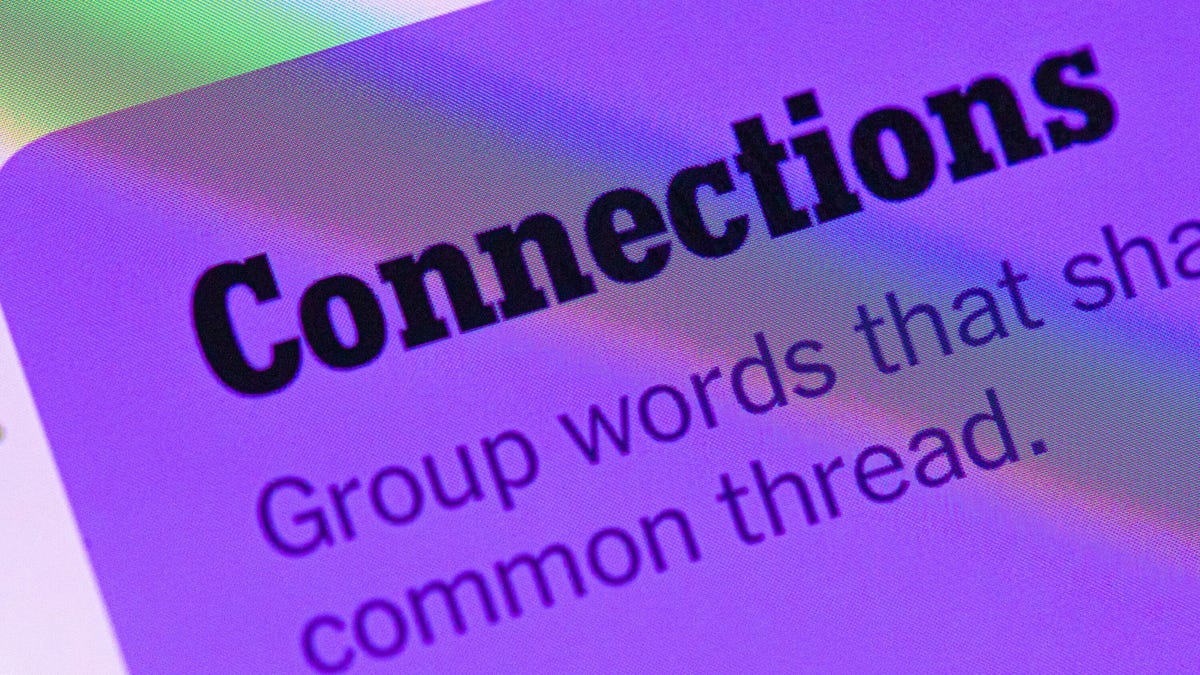
In a dramatic turn of events, former NRL presenter Tiffany Salmond has accused footy reporter Jake Duke of misleading her, leading to a late-night phone call that reportedly ended his relationship with TV star Grace Fitzgibbon. This revelation comes amid Salmond’s ongoing struggle to find work in television, which she attributes to being perceived as “too sexy” for broadcasters.
Salmond, who previously reported on New Zealand NRL games for networks like Fox Sports, RNZ, and Sky, has been vocal about her challenges since being let go from her role. The controversy surrounding the phone call, which occurred in February last year, has cast a long shadow over her career prospects.
The Phone Call That Sparked a Scandal
The late-night phone call reportedly led to the breakup of Duke and Fitzgibbon, a Channel Seven star. According to sources, Fitzgibbon ended the three-year relationship after the call, leaving their shared apartment in Freshwater, Sydney. Salmond has now opened up about the circumstances leading to the call, insisting it was an innocent conversation with someone she considered a friend.
“He had made it very clear to me that he was single,” Salmond told the Sydney Morning Herald. “I saw no issue in calling him for a chat while I was on my way home from a night out. Unfortunately, I was misled and faced public backlash for something I was also a victim of.”
“The phone call situation that was reported wasn’t the reason I was removed. But once I started gaining visibility and attention, it felt like that moment became an easy narrative to use against me.” – Tiffany Salmond
The Struggle Against a ‘Boys’ Club’
Salmond claims her difficulties in returning to television are partly due to a “boys’ club” mentality within the rugby league media. She argues that the industry allows male personalities to be bold and outspoken, while women are expected to conform to restrictive standards.
“Rugby league media is very conservative when it comes to female representation,” Salmond said. “Men are allowed to be edgy, loud, and take up space, but women must toe the line of being attractive yet not too sexy, knowledgeable but not enough to outshine male counterparts.”
Salmond’s comments highlight a broader issue of gender dynamics in sports media, where female presenters often face scrutiny over their appearance and demeanor. Despite her popularity with audiences, Salmond believes her presence was deemed too disruptive to the status quo.
Public Support and Future Prospects
Since losing her job, Salmond has launched an online campaign to regain her footing in the TV industry, frequently sharing supportive messages from fans on social media. She insists that her departure was not due to any professional shortcomings but rather a silent exclusion from the industry.
“I wasn’t let go because I failed. I was cut off while thriving, connecting, performing, and being embraced by the audience.” – Tiffany Salmond
Salmond has expressed gratitude for the outpouring of support from her fans, who continue to question her absence from television screens. She remains hopeful for a future in media but acknowledges the challenges posed by the current industry landscape.
“I’ve accepted that I probably won’t work in rugby league media again, at least not the way it’s currently run or with the people who hold the broadcast rights,” she told the SMH. “They saw the audience’s connection with me but chose not to embrace it.”
Implications for Gender Equality in Media
Salmond’s experience underscores the ongoing struggle for gender equality in sports media. Her allegations of a “boys’ club” mentality reflect broader societal issues that continue to affect women’s careers in male-dominated fields. As the industry grapples with these challenges, Salmond’s story serves as a reminder of the need for more inclusive and equitable representation in media.
While Salmond navigates her next steps, her case may inspire further discussions about the treatment of women in sports broadcasting and the barriers they face. As the conversation around gender equality evolves, it remains to be seen how the industry will respond to calls for change.





